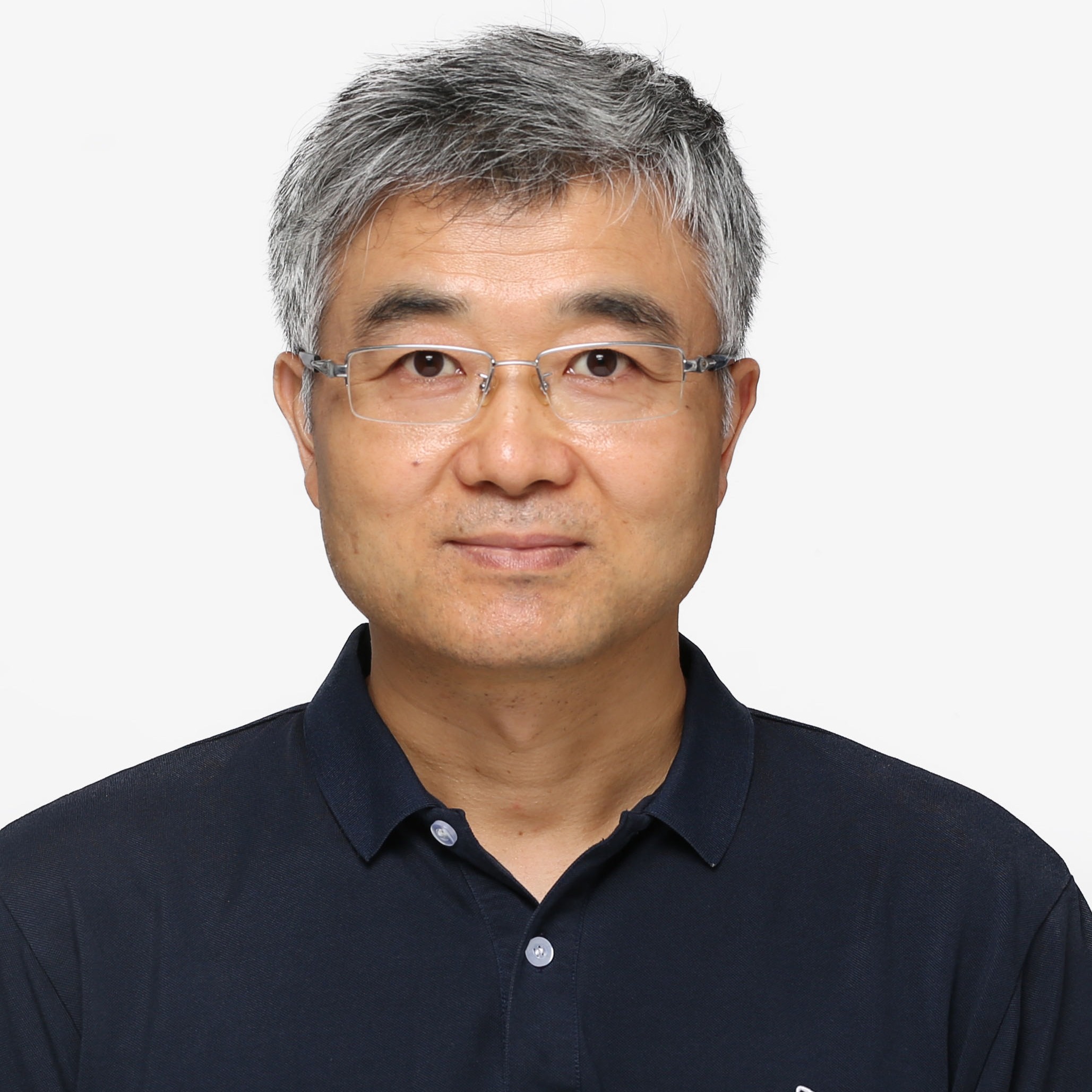
Speaker
Niu Weixing, professor, doctoral supervisor, and excutive director of the Department of History of Science and Scientific Archaeology at the University of Science and Technology of China
Time
2025.11.05 16:00-17:30
Abstract
Since the Tang Dynasty, foreign astronomy introduced into China has had a profound impact on both official calendar compilation and folk destiny speculation, inevitably colliding with official orthodox ideology. Taking the sinicization of the two foreign astronomical concepts of Rahu and Ketu as an example, on the one hand, many local scholars have criticized them, and on the other hand, the concepts of Rahu, Ketu and their evolved form of Si Yu have been deeply embedded into local culture. From the perspective of mutual learning among civilizations, analyzing and exploring cases of astronomical exchange between China and foreign countries can reveal that knowledge exchange and dissemination are the driving force of civilization progress, and the necessary collision and integration between local culture and foreign knowledge is a healthy norm for maintaining cultural independence and diversity.
Bio
Niu Weixing is a professor, doctoral supervisor, and excutive director of the Department of History of Science and Scientific Archaeology at the University of Science and Technology of China. He is also the director of the General Education Center at the Undergraduate School of the University of Science and Technology of China. Mainly engaged in teaching the history of science and researching the history of astronomy, especially in the exchange and comparative study of astronomy between China and foreign countries during the ancient times. He is the chief expert of the National Social Science Fund's major project "Research on the Diffusion of Astronomy along the Silk Road from the Han to Tang Dynasties". He has written books such as "Looking West at Indian Heaven - The Origin of Astronomy in Chinese Translation of Buddhist Scriptures", “Foreign Astronomy of the Tang Dynasty", "Compilation and Research of Astronomical and Calendar Materials in the Buddhist and Taoist Canon", "Astronomy and Humanities", etc. Supported by the Ministry of Education's New Century Excellent Talents Program, the Shanghai Education Commission’s Shuguang Scholar Project, and the Shanghai Pujiang Talent Project. He has conducted visiting research at the Needham Research Institute in Cambridge, UK and Brown University in the United States. Served as the deputy editor in chief of the Journal of the History of Science and Technology in China, and was an executive director of the 9th and 10th councils of the Chinese Society for the History of Science and Technology.
